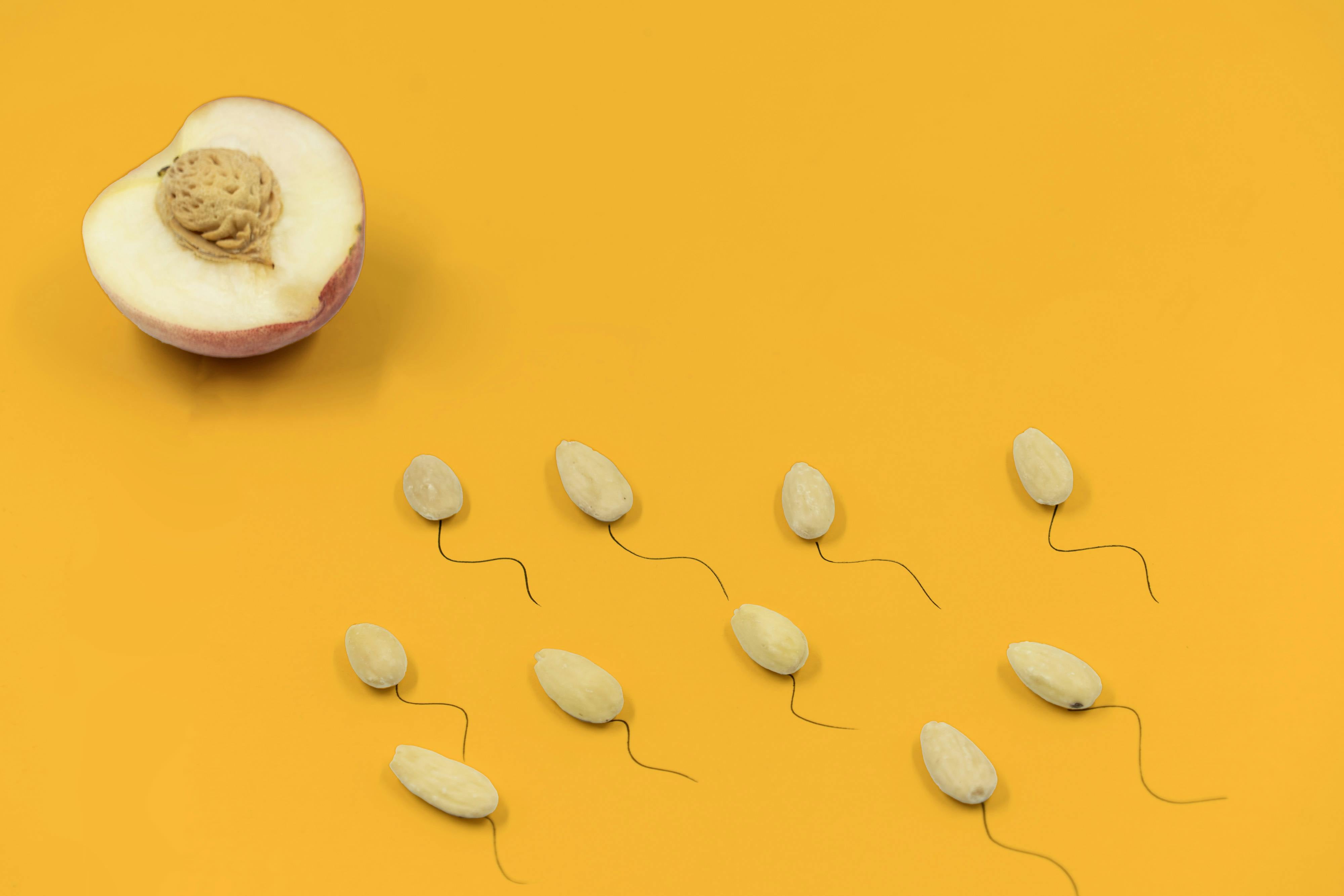
Boost Your Fertility: The Secret Power of L-Carnitine for Sperm Health
Fertility is a complex issue influenced by various factors, including lifestyle, genetics, and nutrition. Among the key nutrients essential for reproductive health, L-Carnitine stands out due to its significant impact on sperm health and male fertility. This naturally occurring amino acid derivative is often underappreciated but plays a crucial role in energy production and sperm function.
The Biological Importance of L-Carnitine
L-Carnitine is essential for transporting fatty acids into the mitochondria, where they are oxidized to produce energy. This function is vital for all cells, particularly for cells with high energy demands, such as sperm cells. L-Carnitine is synthesized in the liver and kidneys and stored in high concentrations in tissues that use fatty acids as a dietary fuel, including skeletal and cardiac muscle.
L-Carnitine and Sperm Production
L-Carnitine’s role in male reproductive health is multifaceted, affecting sperm production, motility, and overall quality:
- Sperm Count and Quality: Research has indicated that L-Carnitine supplementation can lead to an increase in sperm count and improve sperm quality. This is because L-Carnitine enhances the energy metabolism of sperm cells, supporting their development and function.
- Sperm Motility: One of the critical roles of L-Carnitine is in enhancing sperm motility, the ability of sperm to move effectively towards an egg. Studies have shown that L-Carnitine supplementation improves the motility of sperm, which is crucial for successful fertilization.
- Sperm Morphology: Proper sperm structure, or morphology, is essential for fertility. Abnormal sperm morphology can hinder the sperm’s ability to penetrate and fertilize an egg. L-Carnitine contributes to maintaining the proper structure of sperm, increasing the chances of successful fertilization.
L-Carnitine’s Antioxidant Properties
L-Carnitine also acts as an antioxidant, protecting sperm cells from oxidative damage. Oxidative stress, resulting from an imbalance between free radicals and antioxidants in the body, can impair sperm function and lead to infertility. By reducing oxidative stress, L-Carnitine helps preserve the structural integrity and functionality of sperm.
Enhancing Male Fertility Through Diet
Given the importance of L-Carnitine in male fertility, ensuring adequate intake is crucial. L-Carnitine can be obtained from dietary sources and supplements:
- Animal Proteins: Red meat is the richest source of L-Carnitine, but it can also be found in smaller amounts in fish, poultry, and dairy products.
- Supplements: For individuals who may not get enough L-Carnitine from their diet, supplements can be beneficial. Products like Fertilmas, a male fertility supplement from Supplemena, contain 600 mg of L-Carnitine (Carnipure®) to support reproductive health. However, it’s important to consult with a healthcare provider before starting any supplementation, as excessive intake can have side effects.
Critical Perspectives
While the benefits of L-Carnitine for sperm health are supported by numerous studies, it's essential to approach this information critically. The effectiveness of L-Carnitine can vary based on individual health conditions, lifestyle factors, and underlying causes of infertility. Consulting with healthcare professionals can provide personalized insights and ensure that supplementation is both safe and effective.
Conclusion
L-Carnitine plays a crucial role in male fertility, from enhancing sperm production and motility to protecting against oxidative stress. By considering L-Carnitine intake through diet or supplements, men can potentially improve their reproductive health. However, it is important to adopt a balanced approach and seek professional guidance to tailor nutritional and supplementation strategies to individual needs. By prioritizing overall nutrition and critical evaluation, men can make informed decisions to enhance their fertility and reproductive health.





